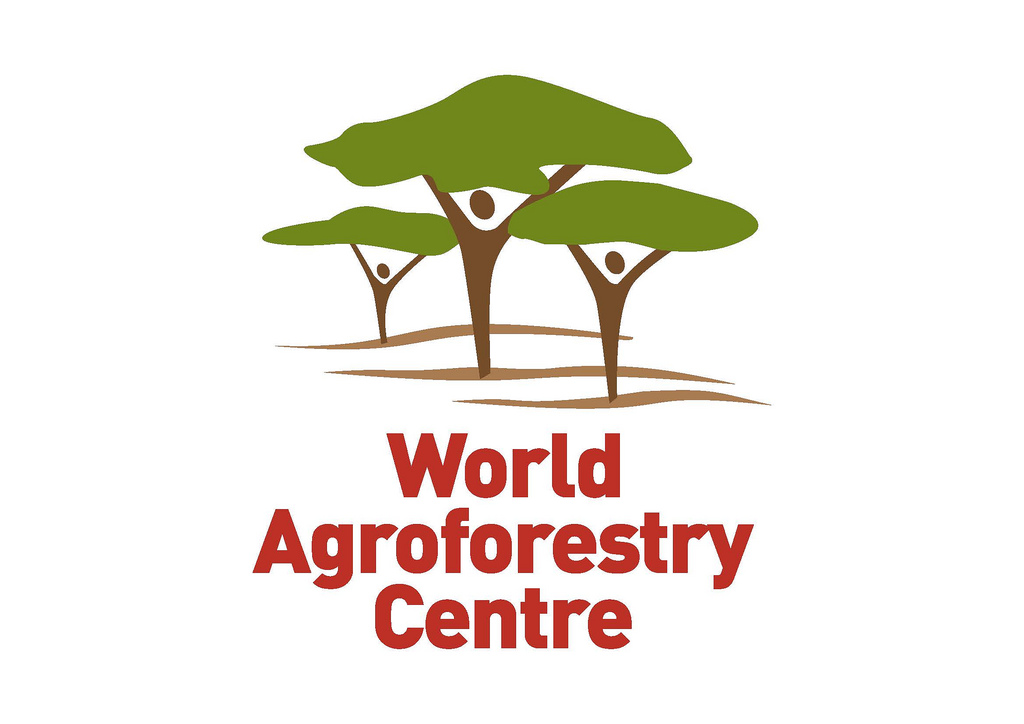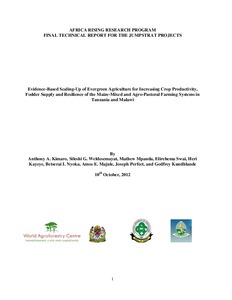Location
The World Agroforestry Centre (ICRAF) is a CGIAR Consortium Research Centre. ICRAF’s headquarters are in Nairobi, Kenya, with six regional offices located in Cameroon, China, India, Indonesia, Kenya and Peru.
The Centre’s vision is a rural transformation throughout the tropics as smallholder households increase their use of trees in agricultural landscapes to improve their food security, nutrition security, income, health, shelter, social cohesion, energy resources and environmental sustainability.
ICRAF's mission is to generate science-based knowledge about the diverse benefits - both direct and indirect - of agroforestry, or trees in farming systems and landscapes, and to disseminate this knowledge to develop policy options and promote policies and practices that improve livelihoods and benefit the environment.
The World Agroforestry Centre is guided by the broad development challenges pursued by the CGIAR. These include poverty alleviation that entails enhanced food security and health, improved productivity with lower environmental and social costs, and resilience in the face of climate change and other external shocks.
ICRAF's work also addresses many of the issues being tackled by the Sustainable Development Goals (SDGs) that aim to eradicate hunger, reduce poverty, provide affordable and clean energy, protect life on land and combat climate change.
Members:
Resources
Displaying 101 - 105 of 146Diagnosis of farming systems in the agroforestry for livelihoods of smallholder farmers in Northwestern Viet Nam project
The Agroforestry for Livelihoods of Smallholder farmers in Northwestern Viet Nam project (2011-2016) focuses on agroforestry trials on farms in the northwestern mountainous region of the country. The objective of the study was to make an inventory of the current upland farming systems and identify key strengths and weaknesses of each system, including economic efficiency. The farming system diagnosis was based on participatory assessments and focus group discussions and in- depth interviews with 45 project ‘farmer co-operators’ in 17 villages in Yen Bai, Son La and Dien Bien provinces.





